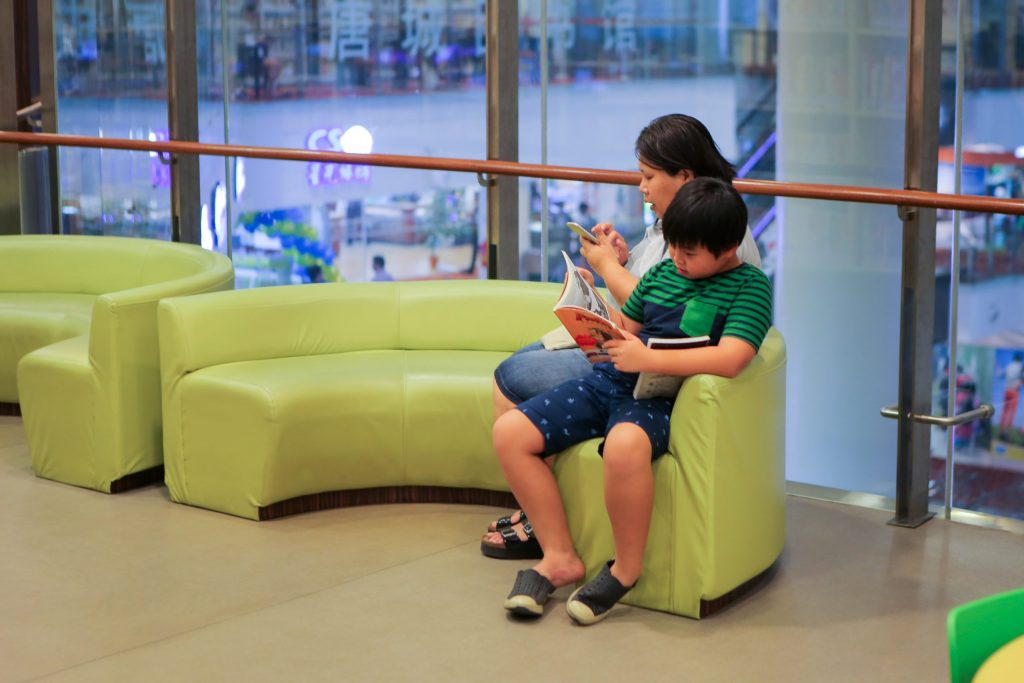China’s Crackdown on Private Tuition: A Lesson for Singapore
August 5, 2021

In ‘China cracking down on private tuition: A Lesson for Singapore?’ (Straits Times, August 2021), Ms. Ng Shi Wen and Associate Professor Gerard Sasges (NUS Department of Southeast Asian Studies) outline the lessons Singapore could learn from China’s recent decision to tighten regulation surrounding its multibillion-dollar private tutoring and education sector.
The Chinese government has recently mandated that private tuition providers operate on a not-for-profit basis. In addition, the government has also decided to block foreign investment in the sector. These policy decisions have affected teachers, global investors, and parents who would have lined up to send their children for private tuition. These recent policies are the result of the state’s impetus to ensure equality and prevent the erosion of social cohesion in the country.
In Singapore, the availability of educational opportunities is differentiated along income lines. Ng and Sasges illustrate this by pointing out that the gap between Singapore’s socioeconomically advantaged students and their less advantaged peers is higher than the Organization for Economic Cooperation and Development (OECD) average and continues to widen. In addition, households in the top 20% of income distribution spent more than four times as much than the bottom 20%.
Although Singapore’s private tuition industry can boost the academic performance of those who can afford it, the industry is also partly responsible for undermining the country’s commitment to the principles of meritocracy and equality, raising fears of diminished social cohesion and increased stigmatization of those less socioeconomically advantaged.
Singapore could use the lessons learnt from China’s recent policy decisions by regulating its own private tuition industry. Currently, Singapore’s lucrative private tuition industry is catered towards developing students’ test-taking abilities at the national examination level. The authors recommend placing limits on the country’s private tuition industry and advocate for a re-orientation of the industry’s direction.
Pivoting from test-taking and examinations to developing children’s interests and aptitudes through enrichment activities alleviates pressures children face in Singapore’s education system. In addition, developing their own strengths reduces the likelihood of children measuring and valuing themselves solely on academic indicators. As pointed out by the authors, redefining the function of Singapore’s private tuition industry develops children’s creativity and adaptability – skills that are arguably more important in our rapidly changing world.
Interestingly, the authors point out that despite the decrease in the number of school-age children in Singapore between 1993 and 2018, the cost of private tuition has increased. Rising costs reflect the premium our society places on academic performance.
While the Singapore government has already taken steps to address these issues, more could be done to tip the balance and reduce our reliance on testing. Regulating the private tuition industry reduces household expenditure on private tuition and narrows the gap between different households. This also improves children’s quality of life and alleviates pressure on both parents and school-going children to attend extra tuition classes.
Singapore’s school-going children stand to benefit the most from these recommended changes. However, the authors demonstrate that the benefits accorded to Singapore’s students could spill over to society. Reduced academic pressure and less expensive education could improve the nation-state’s standard of living, encourage couples to have children, and better prepare the next generation for the workforce of the future.
Read the article here.
